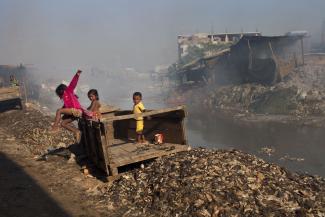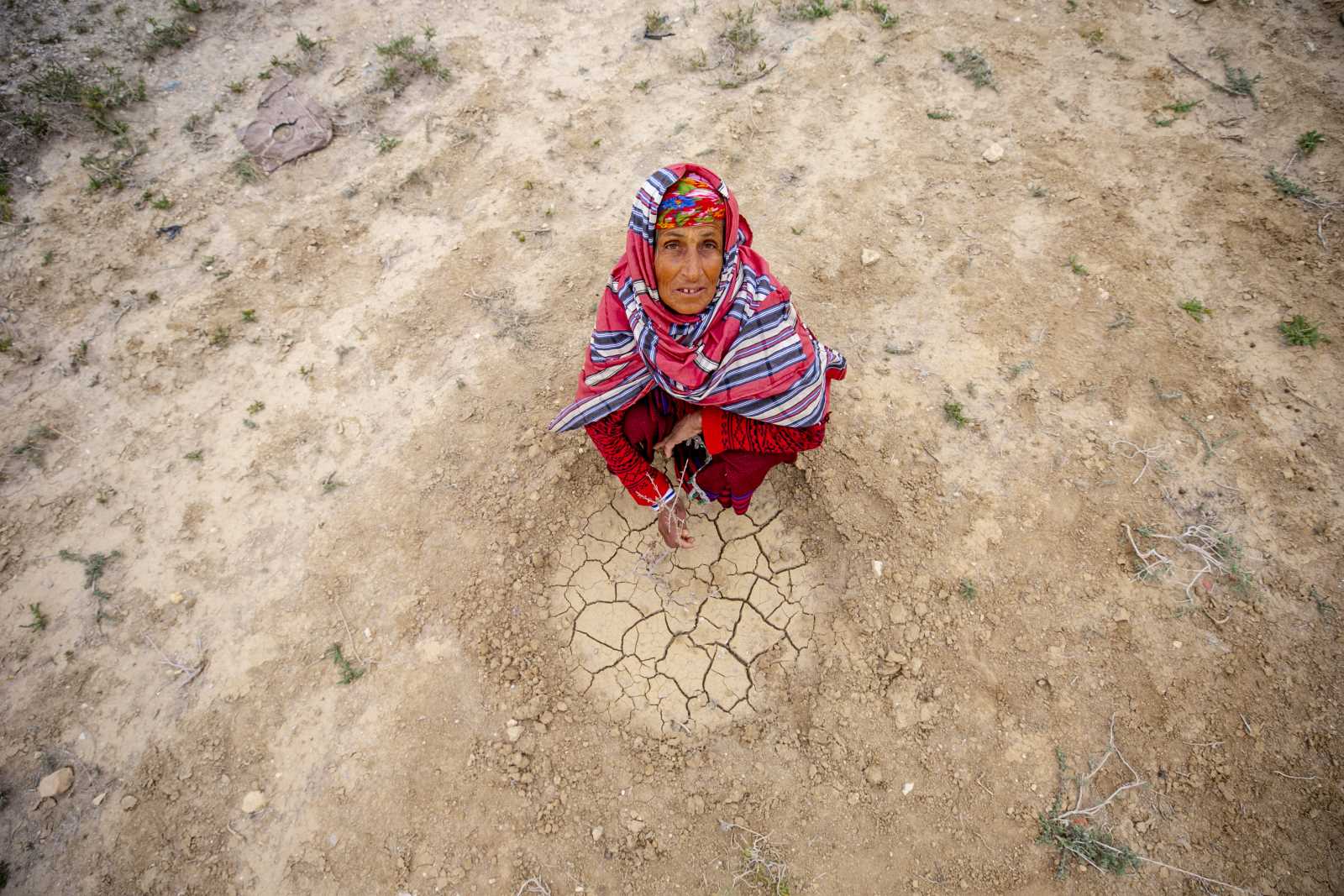Scholarship
New challenges

The conditions for fighting poverty have changed, writes Stephan Klingebiel, the director for bi- and multilateral development cooperation at the German Development Institute (DIE) in Bonn. In his view, up-to-date interventions to reduce poverty must not only improve the lives of disadvantaged people, they must also be environmentally sustainable. Current debate on international development also recognises the need for good governance, which was rarely discussed 20 years ago. However, it remains controversial what exactly constitutes good governance and how it contributes to poverty reduction. The rapid development of some countries, moreover, has upset the traditional dichotomy of a “rich” global north and a “poor” global south.
At the multilateral level, aid effectiveness has become a core topic of debate in the past 10 years. Policy-makers discussed a wide variety of issues, including whether development efforts make a contribution to economic growth in developing countries, and whether the impact of individual projects can be proven.
The Paris Declaration on Aid Effectiveness was an important milestone in this debate. It was adopted at a multilateral high-level forum in the French capital in 2005. According to the Declaration, developing countries must assume responsibility for their own development. Another core tenet is “mutual accountability” of donors and recipients. The Paris agenda was confirmed and expanded at high-level forums in Accra (2008) and Busan (2011) (see Vera Dicke in D+C/E+Z 2012/02, page 60). The conferences resulted in a new set of guidelines that defined development policy modalities. In practice, however, these guidelines are not always adhered to.
Mutual accountability between donors and recipients is a core issue. In the past, the focus was on recipients’ accountability to donor agencies. Nowadays, it is widely accepted that donor agencies must also be accountable to recipients. But according to Klingebiel, such accountability is not yet universally practiced. He also points out that many developing countries have not built the capacities needed for their citizens to hold them accountable.
Klingebiel notes that donor countries have pledged many times they would significantly increase their official development assistance (ODA). So far, they have not completely fulfilled that pledge. The author questions, however, whether an increase in aid would lead to more effectiveness. Many studies have concluded that there is a point at which additional aid is no longer helpful or even begins to cause harm. According to such theorising, the first funds invested achieve more than additional funds invested later. Some scholars claim that there is a “saturation point” beyond which it no longer makes sense to invest more money.
Klingebiel also argues that future development policy will have to consider new global challenges such as the provision of global public goods (see this issue’s focus). Furthermore, it is clear that development policy cannot focus exclusively on addressing poverty, but must also encompass topics “beyond aid” like trade, migration, technology and science. Klingebiel acknowledges that gearing international cooperation to related goals transcends the conventional understanding of development cooperation, but he stresses that doing so is becoming ever more important.















